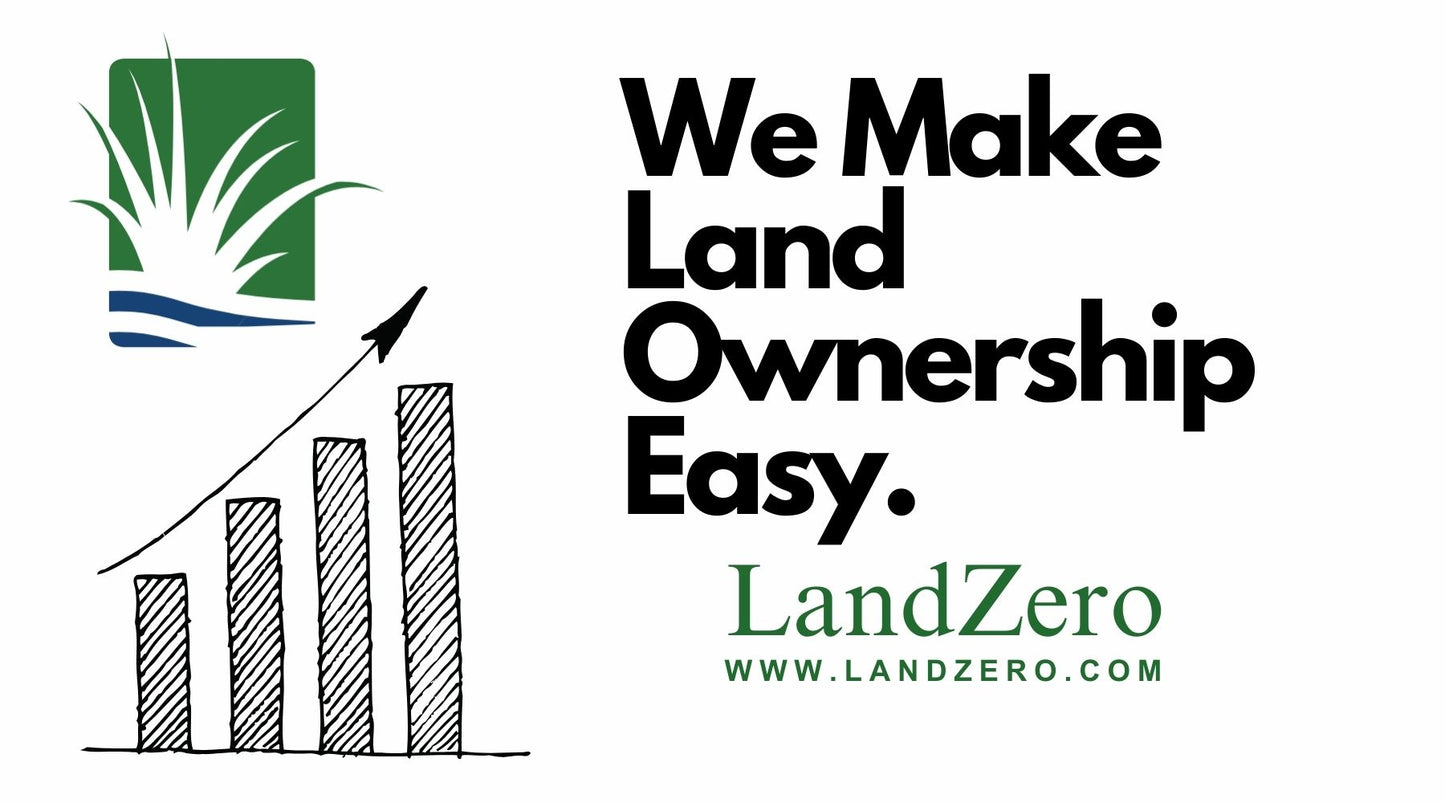
Land is a valuable asset, and before purchasing any property, it's essential to understand the zoning regulations that will affect your use of the land, as they can dictate what you are and aren't allowed to do with the property. Here we'll give a brief overview of what zoning regulations are and some things you'll want to be aware of before buying any property. So, whether you're a first-time land buyer or just brushing up on the basics, read on for what you need to know about zoning regulations before purchasing land.
What are Zoning Regulations?
Zoning regulations are rules that dictate how land can be used. These regulations typically aim to promote safety, protect property values, and encourage a mix of uses in an area. Zoning rules can be very specific, such as dictating what types of buildings can be built in a particular area, or they can be more general, such as specifying how the land can be divided. For example, a residential zone may prohibit commercial businesses, while a commercial zone may restrict the construction of new homes.
These regulations can also dictate the minimum and maximum size of buildings, as well as the setback—the distance between a building and the property line. While zoning regulations can vary significantly from one area to another, they generally serve the same purpose: to create a more organized and efficiently built environment.
Sometimes, zoning regulations can conflict with the interests of property owners, who may want to use their land in a way that is not allowed by the zoning laws. As a result, zoning regulations are constantly evolving as communities attempt to strike a balance between the desires of property owners and the community's needs. This is why it's important to learn about any zoning regulations for the land you plan to buy.
What Are the Types of Zoning?

Zoning types help to categorize what kind of property is and isn't allowed to be built on the land. The most common types of zoning are residential and commercial, but there are also other classifications like agricultural and industrial. Within each category, there may be further divisions. For example, in a residential zone, there may be restrictions on the type of homes that can be built (single-family, multi-family, etc.). You’ll also want to ensure that the land actually allows for development.
While zoning types can seem rigid, there are places where they overlap. Some buildings have both residential and commercial units, while some residential zones may allow for businesses inside homes. Zoning types provide important guidance for developers and help to ensure that land is used in a way that is compatible with the surrounding area.
How Can Zoning Affect Land Purchases?
The first step to knowing if you want to purchase a piece of land is if the zoning matches up with what you want to do with the land. If you're hoping to build a home, you're not going to want to buy land zoned for commercial building. Similarly, if you're looking for where to grow a business, odds are you're not going to want to get residential-zoned land.
In some cases, zoning laws may dictate what types of structures can be built on the land or limit the number of structures. In commercial zoning, there are often regulations on building height and parking. There may be rules for how large the buildings can be even in residential zones, to account for if there will be many multi-family homes. Zoning laws for residential land may also regulate the keeping of farm animals or prohibit certain types of businesses from operating in the area.
Before purchasing land, be sure to research the zoning laws to know what restrictions may apply.
Can Zoning Be Changed?

What if you find a piece of land that looks just right, but the zoning doesn't quite fit your plans? It is possible to get permission to do something on your land that's outside the zoning, but it can be difficult. There are two options: zoning changes and zoning exceptions. Zoning changes will adjust the ordinance while zoning exceptions just apply to you. Zoning exceptions include use permits, which allow you to use your property the way you want with some conditions, and zoning variances, usually for instances where the land prevents you from doing what you want under the zoning.
The process varies by ordinance, but in many cases, you'll have to make your case to the local government, sometimes including an application and a fee. It's also recommended to speak with your neighbors during the process to obtain their support. As a result, anyone looking to get the zoning for their land changed should be prepared for a lengthy and complicated process.
How to Find Out Zoning Regulations
Zoning regulations vary from city to city, so it's essential to check with the local authorities to find out what applies in your case. You should also speak to the property's seller or real estate agent, as they may be aware of any applicable restrictions. Additionally, it can be helpful to review the zoning of nearby properties to get an idea of what is allowed in the area. Once you have all the relevant information, get a copy of the zoning ordinances and read them carefully to ensure that you will be in compliance.
It's also important to note that the city can change zoning laws depending on the community's needs. Staying on top of the news in an area is an excellent way to ensure zoning changes don't catch you off-guard.
Thinking About Purchasing Land? Check the Zoning
It is vital to investigate the zoning regulations in a given area before purchasing land. If you are unfamiliar with zoning, knowing what you can and cannot do with the property can be challenging. In some cases, the zoning may make it difficult or impossible to build on the land. There are several ways to find out about zoning regulations, including contacting your local municipality or using an online tool.
Despite this extra step, don't give up on your dream of owning land. Just make sure you do your homework first and understand what zoning regulations will apply to your purchase. You should be able to find the perfect parcel of land that meets most (or all) your needs—and stay within budget.





